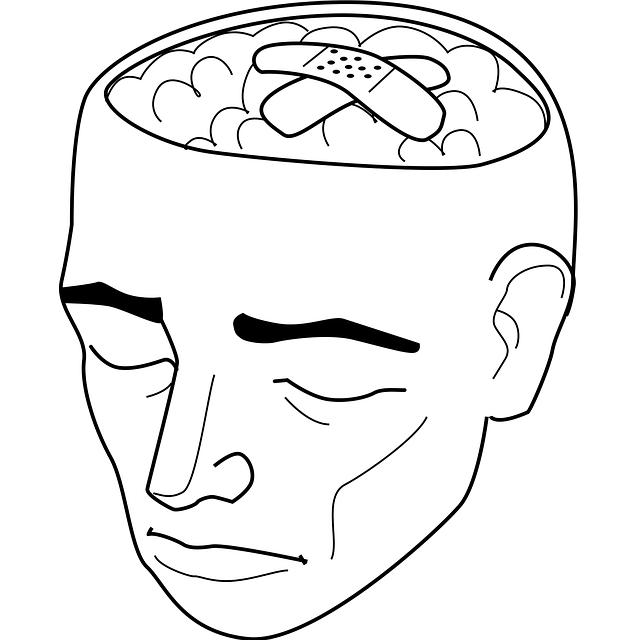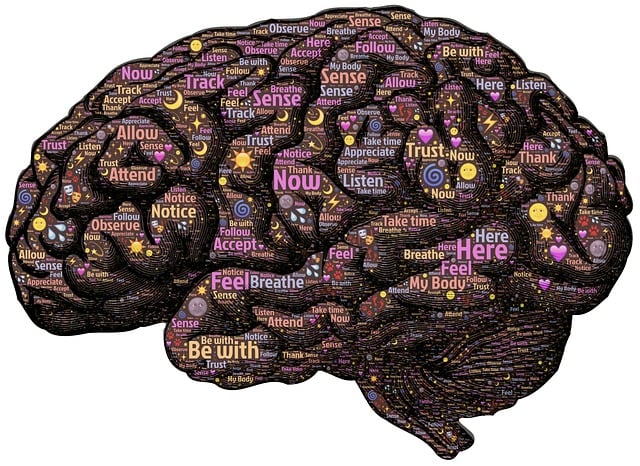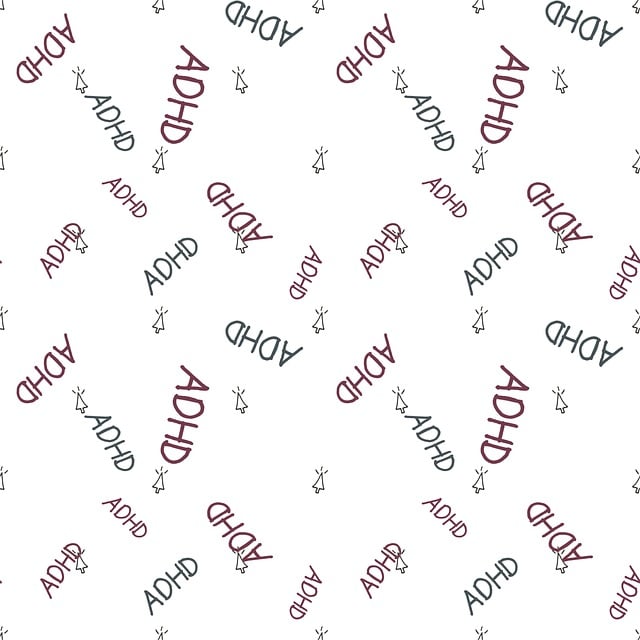Northglenn American Sign Language Therapy (NSLAT) promotes mental wellness through journaling, a powerful therapeutic tool that enhances self-care, reflection, and emotional intelligence for the deaf or hard-of-hearing community. By encouraging written expression, journaling helps individuals process thoughts, emotions, and experiences, cultivate self-awareness, and develop coping strategies. Structured journal entries aligned with individual goals, such as communication skills or cultural competency, offer insights into ASL interactions, personal values, and achievable objectives, ensuring tailored care for the unique needs of the deaf community.
“Unwind and nurture your mental wellness with the transformative power of journaling. In this comprehensive guide, we explore how this simple yet effective practice can be a game-changer for your mental health. We delve into the benefits, particularly through the lens of Northglenn American Sign Language Therapy, where journaling serves as a therapeutic tool to enhance well-being.
From understanding mental wellness and its impact to creating a structured journal and adopting effective practices, this article equips you with valuable insights.”
- Understanding Mental Wellness and Its Impact
- Journaling as a Therapeutic Tool for Northglenn American Sign Language Therapy
- Creating Your Journal: Setup and Structure
- Effective Journaling Practices for Enhanced Mental Health
Understanding Mental Wellness and Its Impact

Mental wellness is a crucial aspect of overall well-being, encompassing our emotional, psychological, and social health. It affects how we think, feel, and act in various aspects of life. Understanding mental wellness involves recognizing that it’s not just the absence of mental illness but also about cultivating inner strength and resilience. At Northglenn American Sign Language Therapy, we emphasize the importance of self-care and expression through journaling as tools to enhance mental wellness.
Journaling can be a powerful practice for developing inner strength and fostering positive mental health. By taking time to reflect and write down thoughts and feelings, individuals can gain insights into their emotions, identify sources of stress, and promote mindfulness. This process allows one to navigate life’s challenges with increased clarity and resilience. Additionally, the act of journaling can be therapeutic, providing an outlet for expression, especially when coupled with techniques like Mindfulness Meditation, as featured in our Mental Wellness Podcast Series Production.
Journaling as a Therapeutic Tool for Northglenn American Sign Language Therapy

Journaling has emerged as a powerful therapeutic tool for Northglenn American Sign Language Therapy (NSLAT) practitioners, offering a unique and personal way to support clients’ mental wellness. By encouraging self-expression through writing, this simple yet profound practice allows individuals to explore their thoughts, emotions, and experiences in a safe and private space. For the deaf or hard-of-hearing community, journaling can be an accessible method to enhance emotional intelligence, process complex feelings, and foster self-awareness—all essential components of mental health education programs designed specifically for their needs.
NSLAT incorporates journaling exercises tailored to individual goals, whether focusing on improving communication skills through social skills training or developing cultural competency among healthcare providers. These entries can serve as a reflection tool, helping clients process their ASL (American Sign Language) interactions, clarify personal values, and set achievable objectives. Through regular practice, individuals may uncover patterns in their behavior, gain insights into their emotional responses, and cultivate strategies to navigate life’s challenges—all vital aspects of healthcare provider cultural competency training, ensuring comprehensive care tailored to the unique experiences of the deaf community.
Creating Your Journal: Setup and Structure

Creating your mental wellness journal is a powerful step towards self-care and personal growth, especially with guidance from Northglenn American Sign Language Therapy professionals. Start by choosing a physical or digital notebook that feels right for you. Consistency is key; opt for a format that allows you to set aside dedicated time each day or week.
Structure your journal in a way that supports your therapeutic goals. Some people prefer sections dedicated to tracking moods, setting intentions, or reflecting on experiences. Others may incorporate exercises like Mindfulness Meditation prompts or space for drawing and journaling about emotions. Even including a section for Self-Esteem Improvement through affirmations can be beneficial. Remember, the structure should evolve with your needs, so feel free to adapt and personalize it as you navigate your mental wellness journey.
Effective Journaling Practices for Enhanced Mental Health

Effective journaling practices can significantly enhance mental health and well-being, especially when tailored to individual needs. At Northglenn American Sign Language Therapy, we emphasize the power of self-expression through writing as a therapeutic tool. Journaling allows individuals to engage in self-awareness exercises, exploring their thoughts, emotions, and experiences. By dedicating time to reflect and record these insights, people can gain deeper understanding of themselves, identify triggers or patterns, and develop strategies for coping with stress and anxiety.
Incorporating journaling into your routine fosters self-care and promotes better mental health. It encourages individuals to pause, process their feelings, and offer themselves compassion. Additionally, regular journaling can serve as a valuable resource when discussing concerns with a healthcare provider. During sessions of Healthcare Provider Cultural Competency Training, professionals learn to interpret journal entries to gain a more comprehensive view of patients’ experiences and needs, thereby offering tailored support and care.
Mental wellness journaling can be a powerful tool, as evidenced by its effectiveness in Northglenn American Sign Language Therapy. By creating a structured journal and adopting effective practices, individuals can enhance their mental health and navigate life’s challenges with greater resilience. This simple yet profound exercise encourages self-reflection, promotes emotional awareness, and fosters personal growth. Incorporating journaling into daily routines can be a transformative experience, enabling better understanding of one’s thoughts and feelings.














